The ethics of travelling to repressive regimes
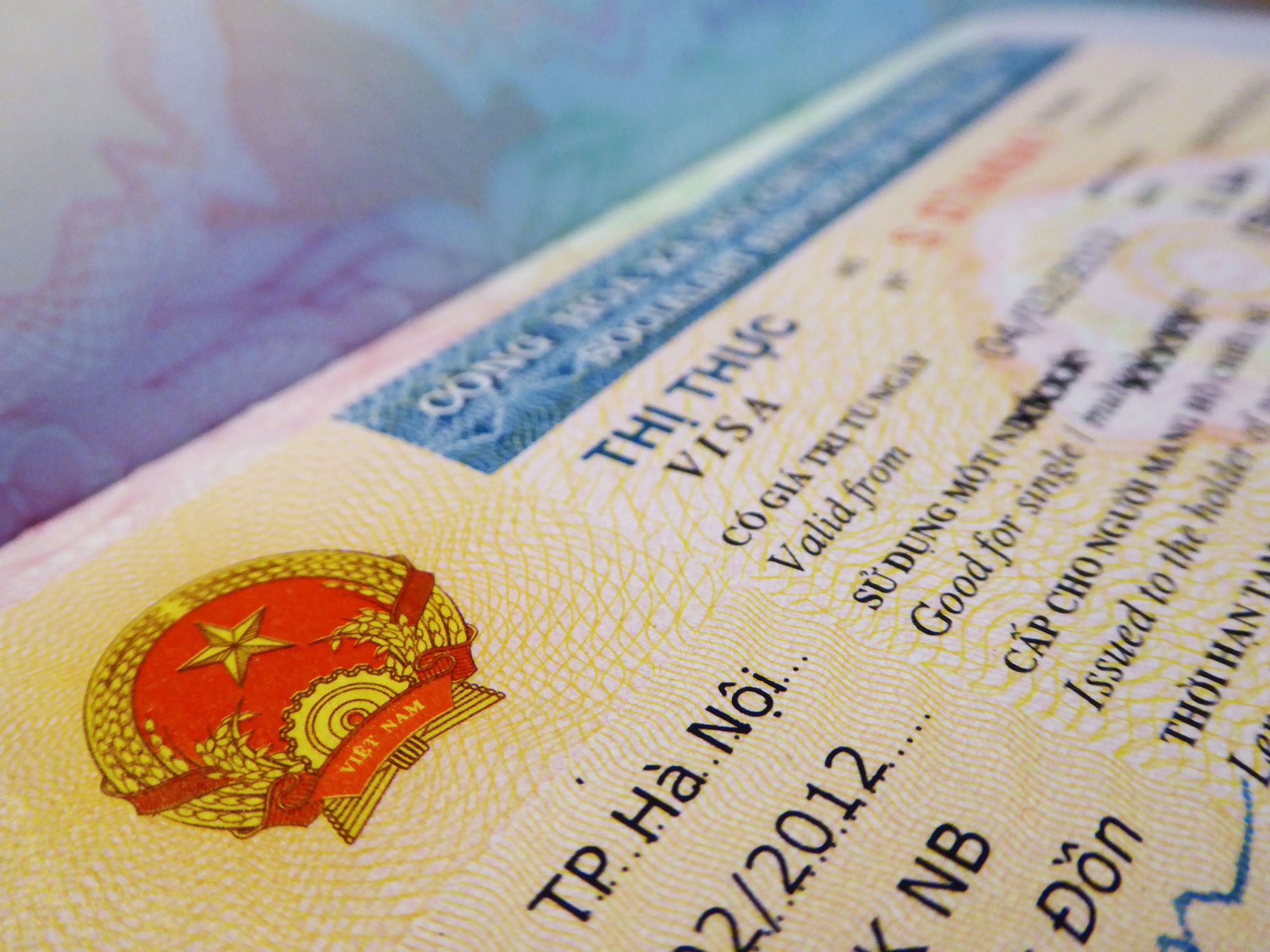
Last year, when I mentioned that I was going to Uzbekistan for my summer holiday, a few people quizzed me on the ethical implications of travelling to a country governed by such a notoriously unpleasant dictatorship. It was a fair point. Uzbekistan has been a one party state since gaining independence in 1991, ruled by the dictator Islam Karimov, and the country’s human rights record is described as “atrocious” by Human Rights Watch. The horror stories about prisoners being boiled alive are fairly well known, and we witnessed first hand the forced labour that still goes on in the Uzbek cotton fields. Freedom House ranks Uzbekistan 206th out of 209 states in its 2016 Freedom in the World index, above only Somalia, Tibet and Syria. Transparency International ranks the country 153 out of 168 in its Corruption Index. You get the idea.
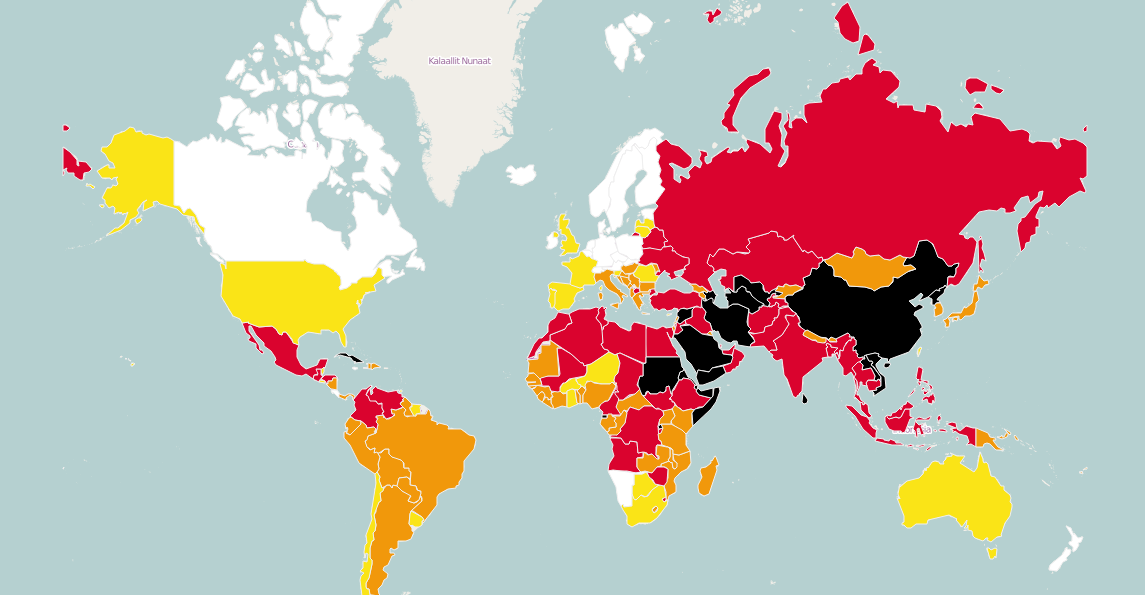
Press freedom world map, with the 20 worst offenders in black (Reporters Without Frontiers)
Interestingly, the same questions haven’t arisen so far this year when I’ve told people that I’m travelling to Cuba in May. This in spite of the fact that Cuba is ranked 190 in the Freedom House index, just 16 places above Uzbekistan, and is actually ranked lower in Reporters Without Borders’ 2015 Press Freedom Index, 169 out of 180 countries. And there are plenty of other popular travel destinations where the question of ethics rarely seems to come up in debate, such as backpacker favourites Vietnam and Laos, both ranked below the likes of Belarus, Saudi Arabia and Uzbekistan in terms of press freedom, and both with a dire human rights record. So are there double standards at work? Is there a threshold beyond which human rights abuses, state censorship and corruption should render a country unsuitable as a tourist destination, and if so is this applied in a consistent way?
Helping local people vs. Bankrolling dictators
There are two main lines of argument deployed in support of those (like me) who decide to travel to repressive regimes. The first is an economic argument, the idea that tourism provides impoverished and oppressed people with the opportunity to make a living. Provided that tourists make the effort to travel responsibly, staying in locally owned hotels or guesthouses and eating in local restaurants wherever possible, then there is a reasonably strong argument that they are making a positive difference to people’s lives. However, it is undoubtedly also true that in many countries it is difficult, if not impossible, to travel without putting money into the pockets of a deeply unpleasant government. With the best will in the world, you don’t always know where your money goes and who it ends up benefiting.
Burma is a good example of the complexities that lurk behind what seems like a relatively simple argument. In 1990 Burma’s military government held free elections for the first time in 30 years, then promptly annulled the result when Aung San Suu Kyi’s National League for Democracy won a landslide victory. Suu Kyi subsequently called for a tourist boycott of her country, arguing that the presence of tourists helped to both fund and legitimise the authoritarian military regime. Most tour operators, guide book publishers and travellers heeded the call, but not all, and those who didn’t were named and shamed by campaign groups such as Tourism Concern. This situation eventually changed in 2011 when, in the light of limited political reforms enacted by the ruling junta, Suu Kyi withdrew her call for a total boycott.
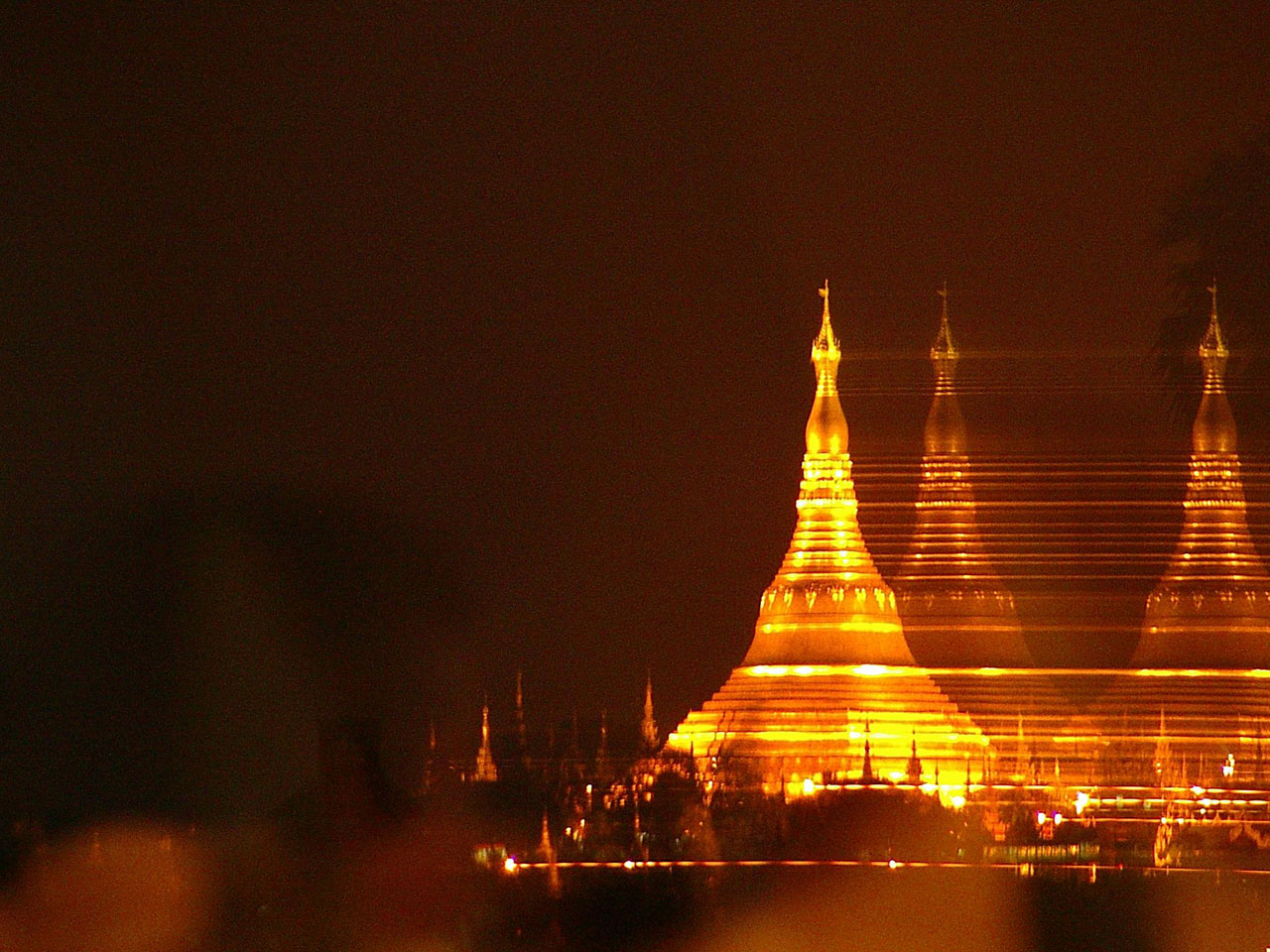
I think it’s fair to say that the way in which the travel industry has subsequently piled into Burma has been a little unedifying, but at the same time it’s doubtful whether the boycott played any significant part in pushing the junta down a more democratic path. It also seems unfair to single out those who went to Burma with good intentions and tried to travel responsibly, given that plenty of tourists don’t seem to give a second thought as to whether they’re helping to fund rotten regimes in countries like Sri Lanka or the Maldives.
Hearts and minds
The second main way in which one might be able to justify travelling to countries living under oppressive regimes is by demonstrating that the human and cultural contact can help to break down barriers, and even hasten along change. For example, tourists can play an important part in countering government propaganda about the outside world, as the Russian scholar Andrei Lankov describes in a recent Guardian article about the ethics of travelling in North Korea.
Lankov draws from his own experience growing up in a working class family in the Soviet Union and recalls seeing tourists from Finland, who would visit the USSR for the cheap alcohol. “We didn’t talk to them, but everybody saw how they dressed and how they behaved and nobody could view them as poor victims of capitalist exploitation,” he says. “They showed a very high level of living and individual freedom. Not a single person had any doubt that people in western countries lived (a) better (life) than us.”
It’s a powerful argument, but it’s not always so clear cut, particularly in a country like North Korea, which is arguably the most ethically dubious holiday destination in the world. As an outsider, your itinerary will be rigorously controlled by the authorities, you can’t go anywhere without your government minder, you can only stay at government-approved hotels and eat at designated restaurants, and contact with ordinary people is hugely restricted. Not only that, but tourists in North Korea are also expected to bow and show their respect to statues of Kim Jong-Il and Kim Il-Sung, which helps to reinforce the regime’s claim that the Kims are respected and revered around the world.
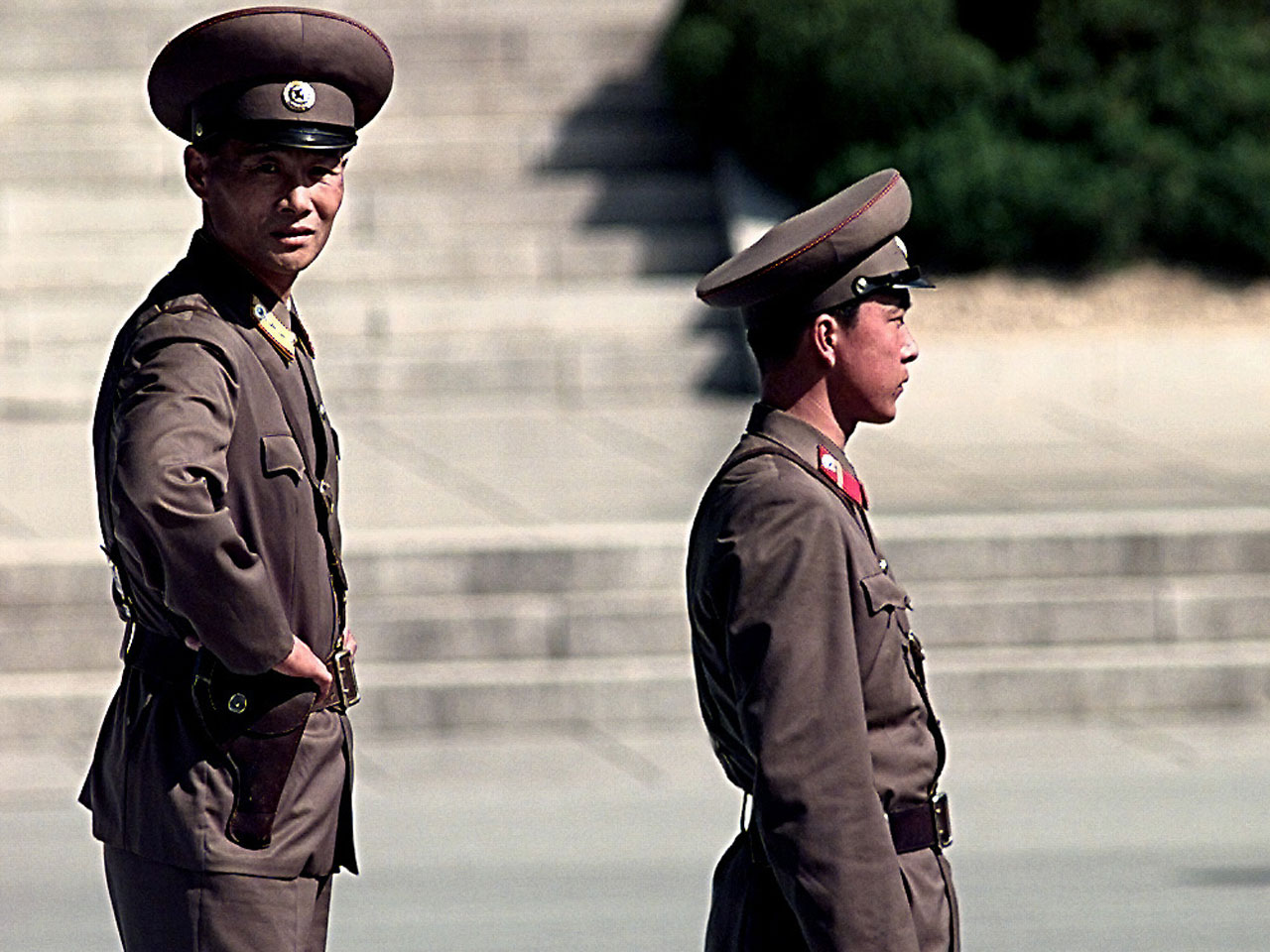
It is, of course, worth remembering that propaganda can work in both directions. Like Burma, Iran is now beginning to open up to western tourists after decades as an international pariah. For years the official advice from the UK Foreign Office stated that it was unsafe to travel to Iran, which meant that any UK citizen visiting the country risked invalidating their travel insurance policy. Those who ignored the warnings and went anyway invariably returned with stories that were very different to the media portrayal of Iran as an Islamic hellhole, describing a country full of friendly and highly educated people keen to engage with visitors from the West, in spite of the bellicose rhetoric of the ayatollahs and the repressive nature of the Iranian government.
When the Foreign Office finally relaxed their travel advice last year, after a deal was struck between Tehran and the west to limit Iran’s nuclear ambitions, it was hard to see it as anything other than a political decision. It’s an interesting example of how the perceived safety or acceptability of visiting a country can be coloured by politics and diplomatic relations rather than the reality on the ground, and I would argue that it shows that sometimes it’s better to travel to a country and make up your own mind, rather than accept the narrative that you’re fed by your government or media. I haven’t been to Iran, but it doesn’t sound too dissimilar to our experiences in Uzbekistan; while the apparatus of the state was clearly visible and there were many worrying signs of oppression and control, the people we met were incredibly friendly and welcoming, keen to show us their country and curious to learn more about us and where we were from.
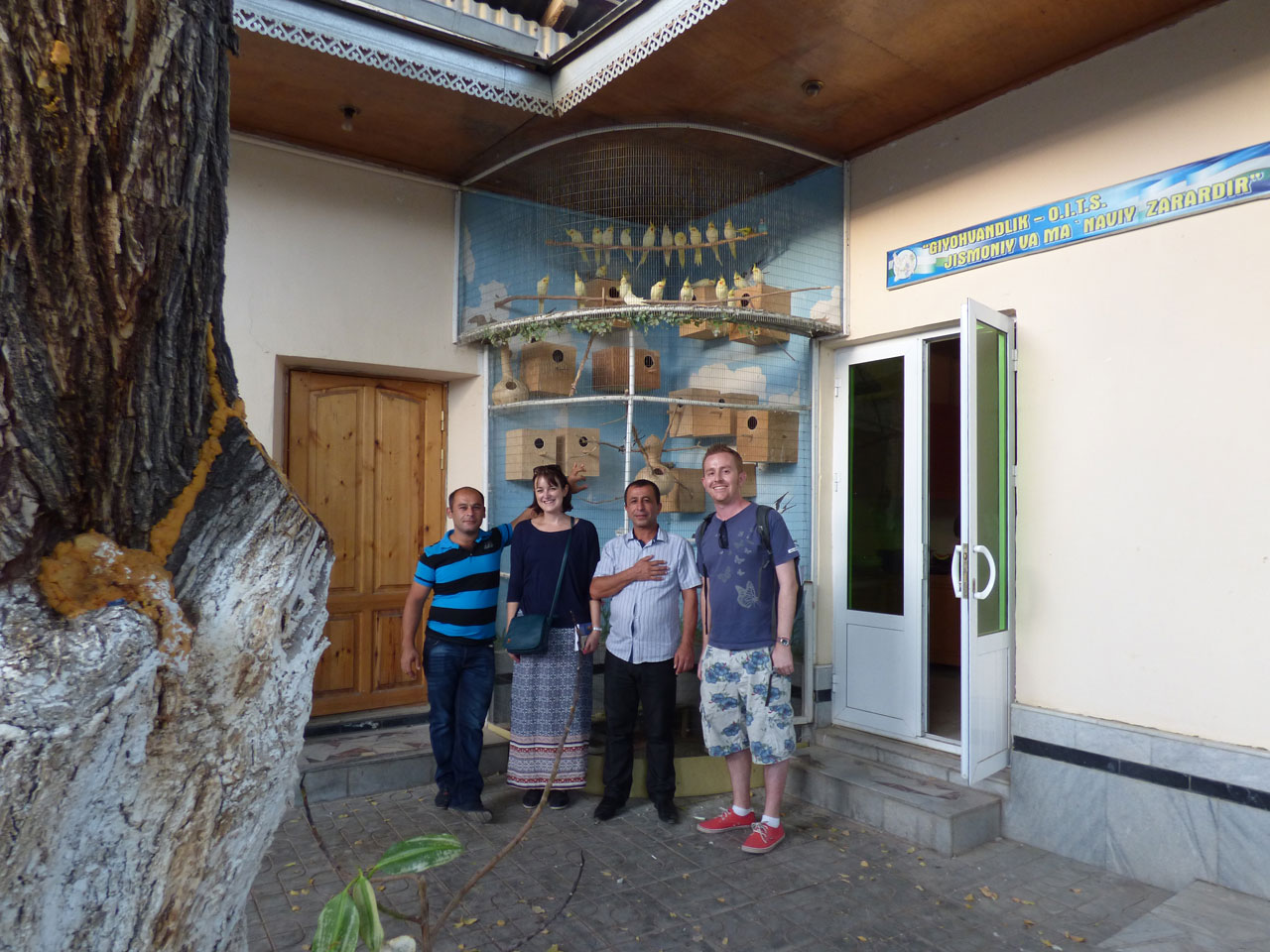
Nevertheless, I would never want to sugar-coat anything when it comes to sharing my experiences on this blog. Although I had plenty of positive things to say about Uzbekistan, I also wrote at length about the Karimov regime in my post about Tashkent. I was even accused by an Uzbek on Twitter of besmirching the good name of his country for political reasons, though I’m still not sure whether he was a government shill or an ordinary citizen who had swallowed the party line…
@NotHereTravel Are you a traveler or a politician? Most of the things you wrote are far away from the reality. Just enjoy the cuisine 😉
— Nurafshon (@Nemets18) January 3, 2016
Travelling responsibly
My own opinion on travelling to repressive dictatorships always leans towards the argument that it’s better to engage with people and see something for yourself, rather than leave these countries to rot and moralise from afar. But if you do make that decision, it does mean you have certain responsibilities. Where possible I think it’s important to try and stay in family-run hotels, to shop and to eat at locally owned businesses, and to be considerate in the way you talk to people. It’s incredibly unfair to make people feel uncomfortable, or even put them in danger, by asking their opinions on sensitive topics like politics without thinking first about what you’re asking. It’s all very well to go in all guns blazing as some kind of moral crusader, criticising and questioning everything and offering your patronising advice about how people should stand up for themselves, but at the end of the day you get to fly back home to your nice comfortable democracy with its freedoms and rights, while they’re stuck where they are. If I could give one tip to anyone travelling to somewhere like Uzbekistan or Burma, it would be to do your research before you go.
It sounds like a cliché, but I genuinely believe that one of the great things about travel is that way it allows us to find the common bonds with people with whom it might at first seem we have little in common, and I would argue that the people living under repressive regimes can benefit from that human contact more than most. But you should always go into these experiences with your eyes open, otherwise you risk doing more harm than good.

